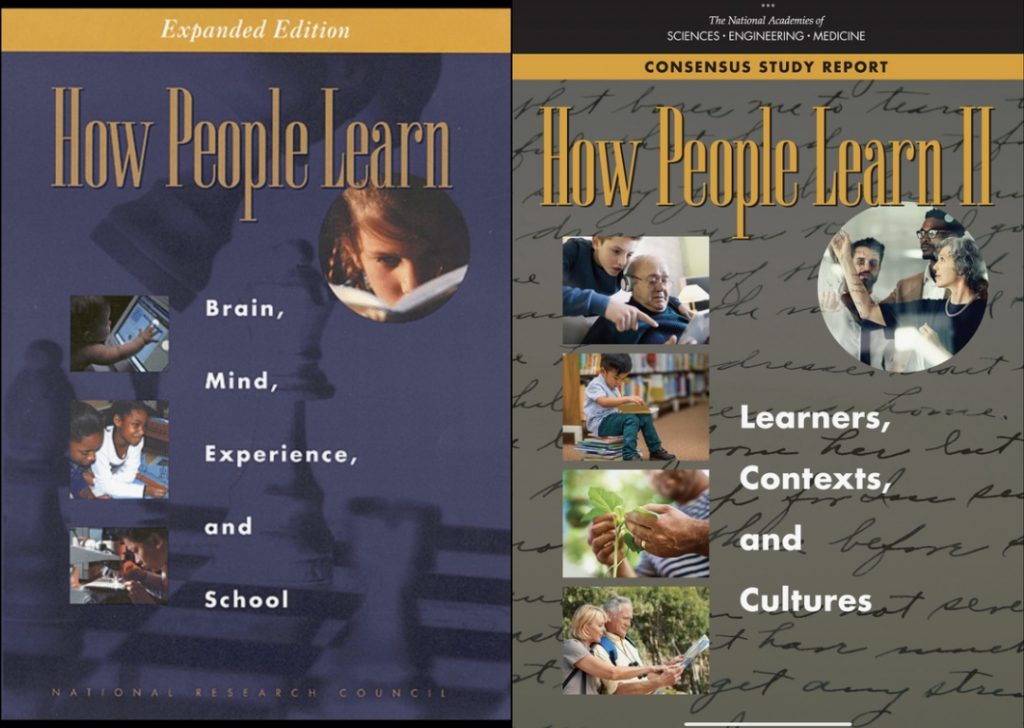
One reason why many teachers fail to clearly understand what is the problem with children learning in front of their screen and why it is different from the face to face school everyone is accustomed to is because many teachers do not understand what is going on in the brain of those children when they learn.
I try to be as explicit and straightforward about this as possible.
This goes back to the unfortunate fact now and in the near past, teacher training is based on theories and principles in philosophy, politics, history, sociology and other branches in social sciences. The knowledge that is based on how the brain is functioning in learning is somehow missing or not yet included in shaping the teachers’ understanding about how people learn.
"... In the last 30 years, findings from cognitive psychology have radically changed our understanding of how we learn. Up until relatively recently, pedagogy, and more specifically instructional design was largely based on theory drawing on tangential fields such as philosophy, politics, sociology, anthropology, and linguistics, often to the exclusion of research on psychology, cognition, and the brain. For example, Vygotsky’s theory of the zone of proximal development and the idea that knowledge is socially constructed is a sine qua non in most teacher training courses while Baddeley’s model of working memory is often omitted. Many teachers could go through their whole training without ever hearing about cognitive load theory despite the fact that Dylan Wiliam (2017) has referred to it as the “single most important thing that teachers need to know”. Kirschner, Paul A.; Hendrick, Carl. How Learning Happens (p. x). Taylor and Francis. Kindle Edition.
When we highlighted that children’s brain is exhausted cognitively each time a new topic is introduced, we saw many teachers point out that this should be easily solved if teachers are creative, without at first acknowledging the big issue connected to cognitive load theory in online learning.
Many times when we insisted that it is not right to push literature in ‘formal’ learning how to read and write at the preschool level of schooling, we saw many teachers pointing out about parents’ involvement in nurturing reading and learning at home, do homes have books and if there is a culture of reading in that particular family… failed to recognise that decoding symbols in a form of letters and numbers in reading and writing are a complex process, too much for kids at that age.
If a neurosurgeon is allow to operate a patient’s skull and brain in his head without knowing how the brain works, it is beyond imagination and indefinitely absurd, and a crime without any doubt.
How do we entrust our children to a group of strangers to work on our children’s brain, shape and guide its function in learning, without knowing how the brain works… we don’t see that as a problem, not by any means.
“School is about learning to wait your turn, however long it takes to come, if ever. And how to submit with a show of enthusiasm to the judgment of strangers, even if they are wrong, even if your enthusiasm is phony.” - John Taylor Gatto
We will continue to encourage all teachers to continue to learn about learning, how people learn, and we can start with reading How People Learn: Brain, Mind, Experience, and School: Expanded Edition(2000).